Protein has entered the chat. As more and additional women of all ages prioritize their health, the great importance of protein is significantly from a foreign issue. It’s no solution that protein is vital in anyone’s diet—but it’s specifically important for females. Protein performs a important function in sustaining lean muscle mass, regulating hormones, and maintaining blood sugar well balanced. On the other hand, with heaps of conflicting facts out there, it can be challenging to know particularly how significantly protein hits the sweet place for women. Do you ever obtain you inquiring, how considerably protein do I will need? Luckily, we have responses.
Armed with knowledge, we’ll aid you comprehend if you are receiving the ideal sum for your entire body and way of living. Regardless of whether you are a gym-goer, a chaotic mom, or basically hunting to strengthen your longevity, read through on to find out about the electricity of protein.
Showcased image by Suruchi Avasthi.
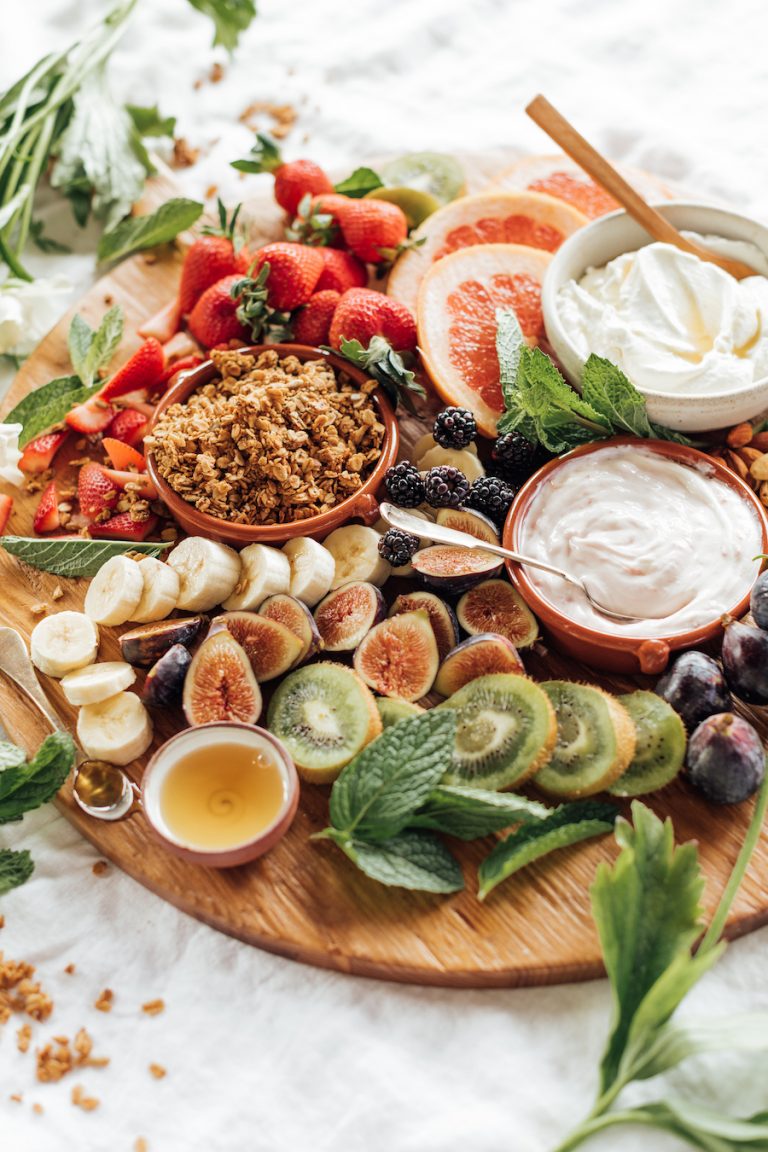
Protein: Underrated and Misunderstood
Even with its many overall health rewards, protein continues to be a person of the most underrated and misunderstood vitamins and minerals in the typical woman’s diet. In simple fact, scientific studies exhibit that a lot of ladies aren’t getting more than enough protein to support their body’s requires! This is much less than best, as protein plays a critical role in anything from muscle development and restore to hormone regulation and immune function. So, if you’re a woman who’s battling to meet your day by day protein specifications, you are not by yourself. All that to say, why are not women of all ages feeding on more than enough protein? And how can you strengthen your intake to experience the benefits of this super nutrient? Time to beef up your meals with protein-loaded foodstuff.
Will taking in a lot more protein make me cumbersome?
Unfortunately, 1 of the most prevalent myths about protein is the fear of starting to be cumbersome. On the other hand, this is merely not real! Most gals never have the exact same stages of testosterone as guys, which is the hormone responsible for muscle progress and advancement. Bulking up—or getting important muscle mass as a woman—requires much a lot more than just consuming protein and lifting weights. As stated, due to the fact of variances in feminine and male hormone levels, it is a great deal more challenging for females to achieve significant amounts of muscle mass mass. To produce an overly muscular physique, a girl would need to take in a significant quantity of energy and engage in a remarkably focused fat-lifting software (often for several hours each day!).

Why is protein essential for girls?
Bulking myths aside, consuming sufficient protein—along with high-quality sleep and typical exercise—can assist women of all ages in so lots of strategies. Satisfactory protein use can help create lean muscle mass mass, which can lead to a toned and wholesome physique. On the other hand, it’s also necessary for restoring tissues, generating enzymes and hormones, and building a balanced surroundings for an embryo to grow. Protein increases fat burning capacity, improves energy, and supports excess weight management. Not to point out, protein is also significant for bone health! It forms solid bones. Additionally, protein regulates blood sugar levels, minimizes sugar cravings, and supports feelings of satiety.
Ethical of the story: Never be frightened to include much more protein to your eating plan! It is essential nutrient that can support total well being and wellness.
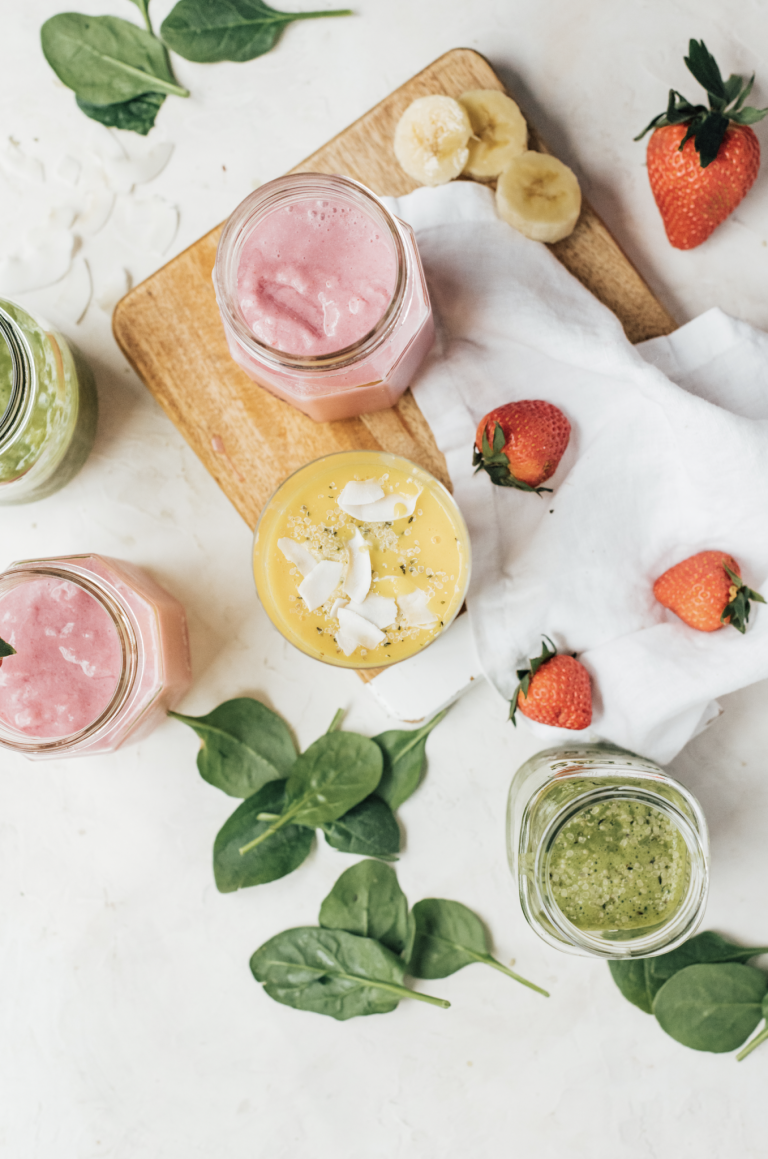
How a lot protein do I need to have?
As with most nourishment questions, the reply is nuanced. There is not a common, a person-size-matches-all protein system. Protein prerequisites vary centered on aspects these as age, gender, overall body composition, exercise stage, and in general health and fitness standing. For most balanced grownups, the advised day-to-day consumption is around .8 grams of protein per kilogram of physique weight—or all around .36 grams for every pound. This means that a sedentary female weighing 150 kilos would call for all over 55 grams of protein per day, even though a sedentary gentleman weighing 180 lbs . would will need all around 66 grams. Nevertheless, most authorities will concur: all those quantities are significantly much too lower.
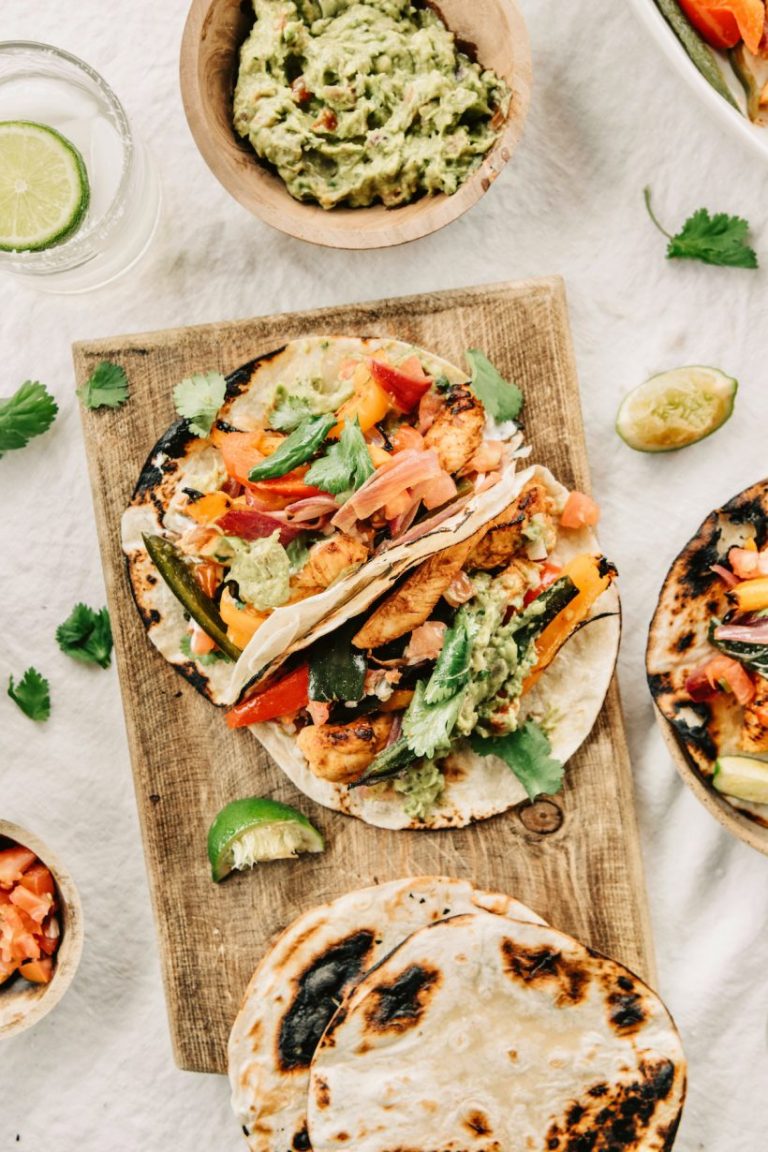
Am I ingesting enough protein?
It is important to be aware that people aforementioned recommendations are probable not enough for athletes, expecting or lactating females, or those recovering from an injury or health issues. Also, if you are seeking to eliminate entire body fats, consuming considerable protein is vital. Your protein desires may possibly selection bigger: from 1.2 to 2.2 grams for every kilogram of overall body pounds. For instance, a female athlete or expecting woman weighing 150 pounds might have to have 130-150 grams of protein per day.
Calculating Your Protein Demands
Based on your physique ambitions and situation, you can compute how considerably protein you need right here. Then, divide this overall by the amount of foods and treats you commonly consume in a day. For most, that averages out to about 20-30 grams of protein for each food. All of that claimed, get the job done with a health and fitness coach, macro coach, or personalized coach for personalized protein suggestions.

Symptoms You are Not Feeding on Enough Protein
So, how do you know if you are finding sufficient protein? Initially and foremost, you experience satiated immediately after consuming, are recovering well from your exercise routines, and really do not experience plagued by sugar cravings all day extensive. Nevertheless, these are probable signals you are not consuming sufficient protein:
- Starvation. Stating the obvious: protein is gas. It’s 1 of three sources of macronutrients, together with carbs and fats. Studies show that consuming meals with protein will help you really feel fuller, lengthier.
- Brittle hair, pores and skin, and nails. All of these are created up of proteins like elastin, collagen, and keratin. When your physique can’t make them, you could have brittle or thinning hair, dry and flaky skin, and deep ridges on your fingernails.
- Weak point and tiredness. Investigation reveals that just 7 days of not ingesting ample protein can have an impact on the muscular tissues dependable for your posture and movement—especially if you are older than 55. And about time, a lack of protein can cause muscle mass mass decline, which in turn cuts your strength and slows your fat burning capacity. Lack of protein can also direct to anemia (not sufficient oxygen to your cells will make you weary).
- Extreme mood fluctuations. Your brain takes advantage of neurotransmitters to relay info among cells. And a lot of of these neurotransmitters are created of amino acids—the building blocks of protein! A lack of protein in your eating plan could indicate your human body can’t make enough of all those neurotransmitters, major to low levels of dopamine and serotonin.
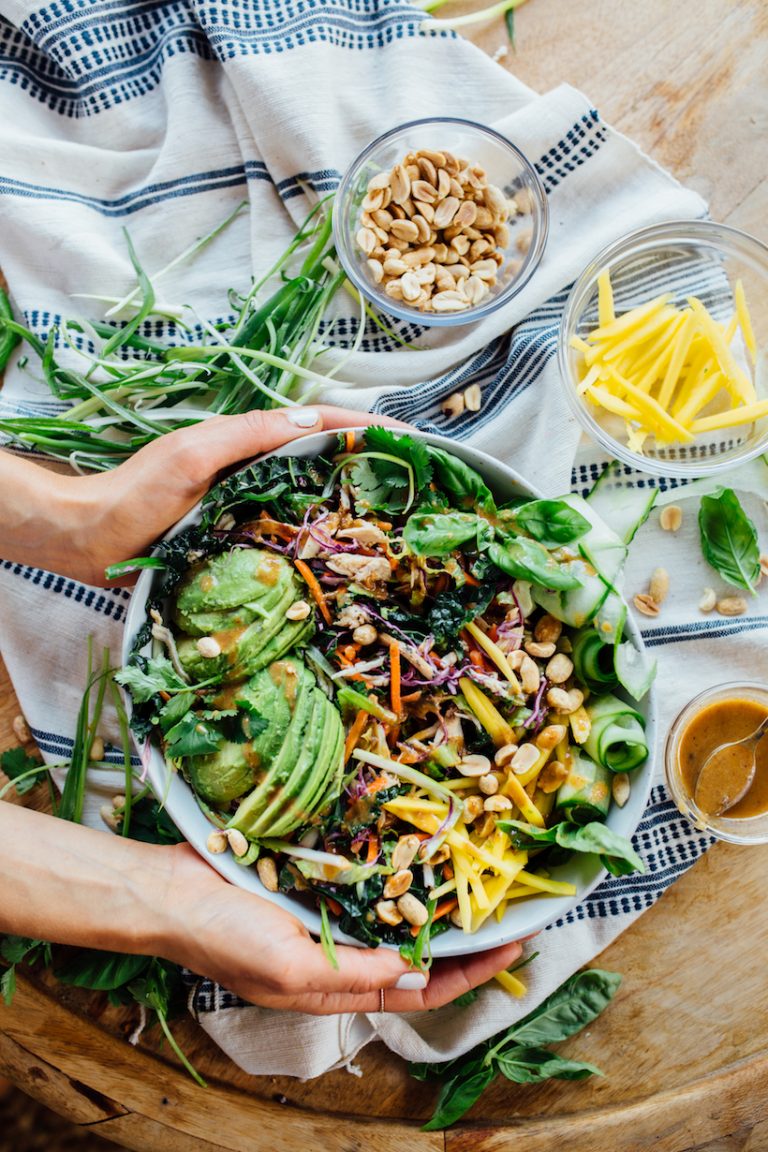
Not All Protein Sources Are Established Equivalent
When it arrives to measuring the dietary value of a protein, we glance at the amount of vital amino acids it has. Diverse food items consist of unique amounts of important amino acids. Animal proteins (rooster, beef, fish, and dairy) have all nine crucial amino acids. These are regarded as complete proteins. Having said that, some plant meals also consist of all 9 vital amino acids: soy solutions, quinoa, amaranth, Ezekiel bread, spirulina, nutritional yeast, hemp seeds, and chia seeds.
Other plant proteins—like beans, lentils, and nuts—aren’t rather full proteins (but are very close). Plant-dependent eaters call for a diversified food plan to be certain all important amino acids are existing.
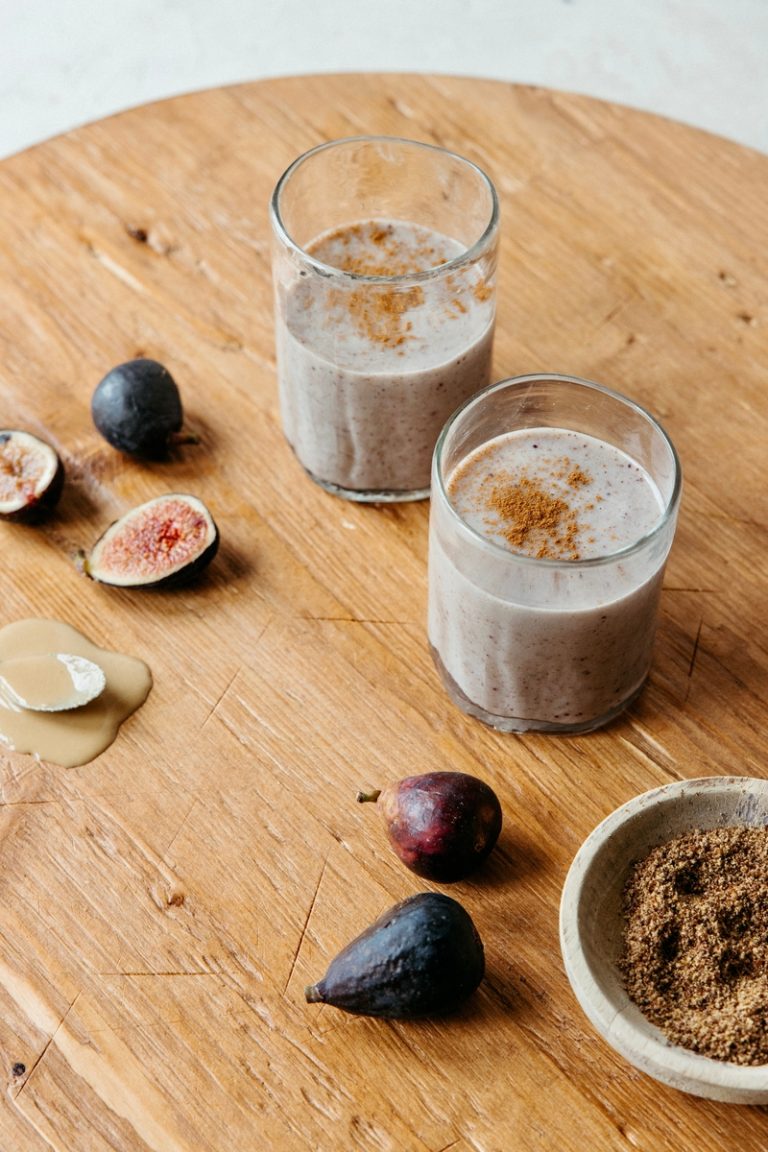
How to Incorporate Additional Protein to Your Diet plan
So, how can you guarantee you’re finding enough protein in your diet plan? The best way is to contain a supply of protein with every single meal and snack. A few examples: a serving of eggs for breakfast (heat up a couple turkey sausages, as well!), grilled chicken or tofu in your salad at lunch, or a serving of fish with meal. Greek yogurt, hummus with seedy crackers, or a handful of nuts with string cheese make for convenient sources of protein. Smoothies are an additional nourishing way to up your protein intake—thanks to components like collagen peptides, complete milk, hemp seeds, and spirulina! Much more protein, a lot more energy.

